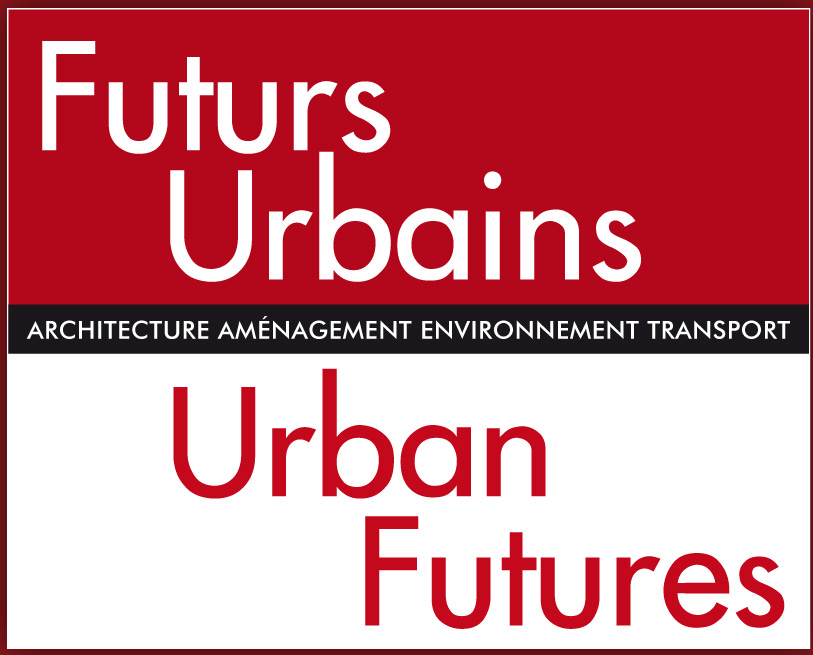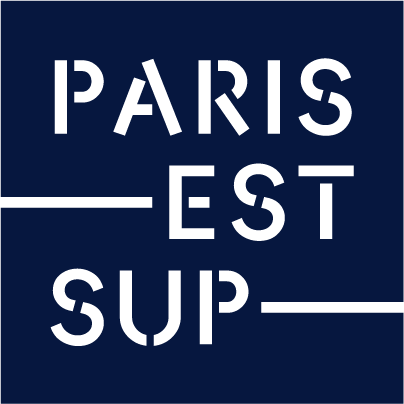Presentation of project
The researchers from the Cross-cutting Group do not necessarily know one another and this is why special care was taken when setting up the cross-cutting group during the first year, with the organisation of seminars that made it easier to pool the group's objectives and initiatives more effectively, take stock of operations undertaker and jointly identify actions to be supported.
These seminars organised around the various different themes of the research lab's (LAB'URBA, LATTS, EIVP, ENSAPB), provided an occasion for the Cross-cutting Group Risk researchers to give lengthy presentation (of one hour or more).
Planning initiatives and deciding whici ones to support is discussed during the seminars and with the references, i.e., Bruno Barroca (LATTS), Valérie November (LATTS), Jocelyne Dubois-Maury (LAB'URBA) and Paul Landauer (AUSSER).
The Cross-cutting Group Risks aims to bring together researchers, lecturer-researchers and doctoral students from Université Paris-Est who, despite belonging to different labs and diverse disciplines, have set themselves the common task of researching the theme of risk.
The Cross-cutting Group member's work focuses on types of risk and very different sorts of research objects (natural, technological, environmental, health, food and societal risks, etc;). It harnesses concepts that link the term of risk to notions of security, vulnerability and resilience.
The Cross-cutting Group wishes to be a forum capable of promoting common emerging research issues, comparing and contrasting scientific positioning strategies, and facilitating discussion of methodological approaches-and-tools used by everybody. It wishes to adopt a multi-risk and comparative approach to gain a better understanding of :
The processes involved in the construction of risks as a category of action : when exactly does a danger/problem becom a risk ? What is the role of controversies, expertise and uncertainly in this construction ?
Modus apoernai in the field What sort of processes (technical, normative, procedural, stakeholder-based, economic, etc;) are deployed and how are they received/applied/appropriated on the ground ? What types of action, representation, behaviour and urban forms do they produce ? Are they "territorialised" ? Whad spatial bases are at work ?
Research focuses
Focus 1 - Risks, architectures and urban projects
This involves analysing urban and/or architectural project design in risky situations and project and contract management practices from a production perspective.
Focus 2 - Stakeholders, know-how and practices
Favouring joint construction processes in urban projects : focusing on rethinking the visual displays produced in the risk arena.
Focus 3 - Tracking and monitoring mechanisms
Examining the design of risk tracking and monitoring mechanisms and their role in risk identification and evaluation together with the actions subsequently deployed.
Focus 4 - Risk spatiality
Examining the risk-territory relationship by factoring in overall risks throughout the territory and calculating the spatial, temporal and territorial dynamics that result from this interaction.

